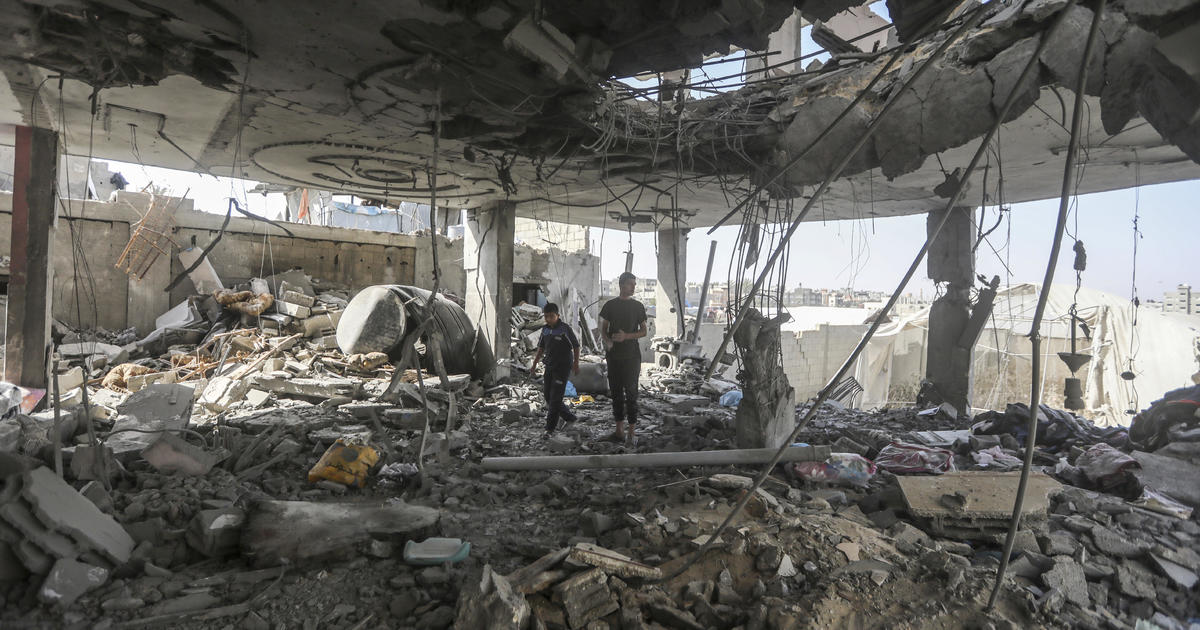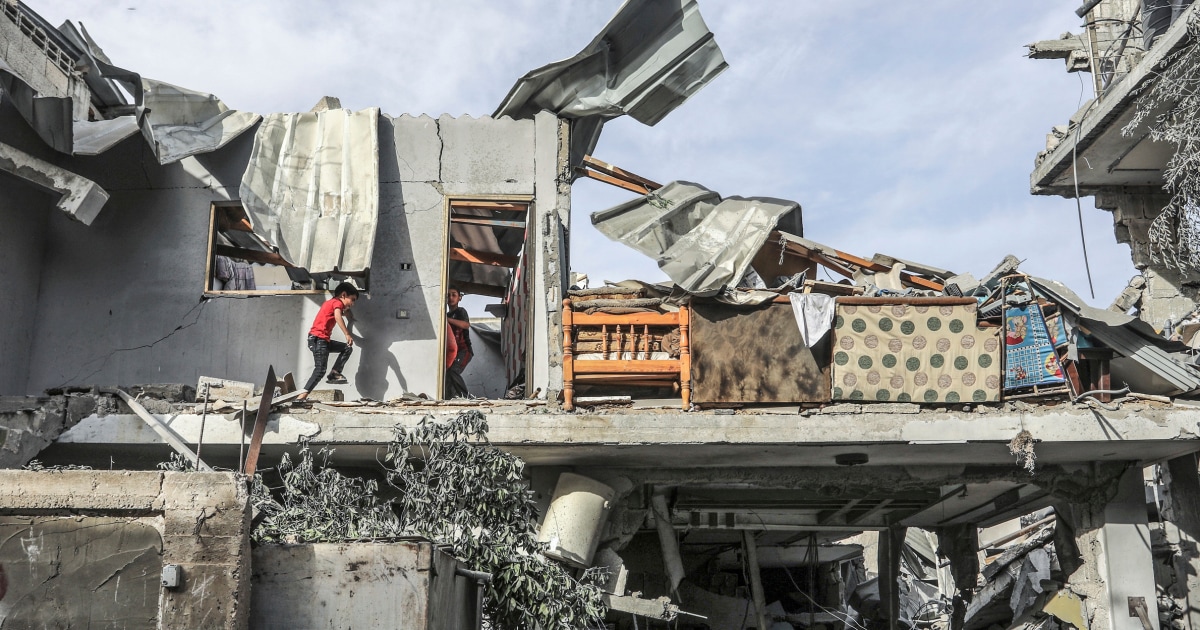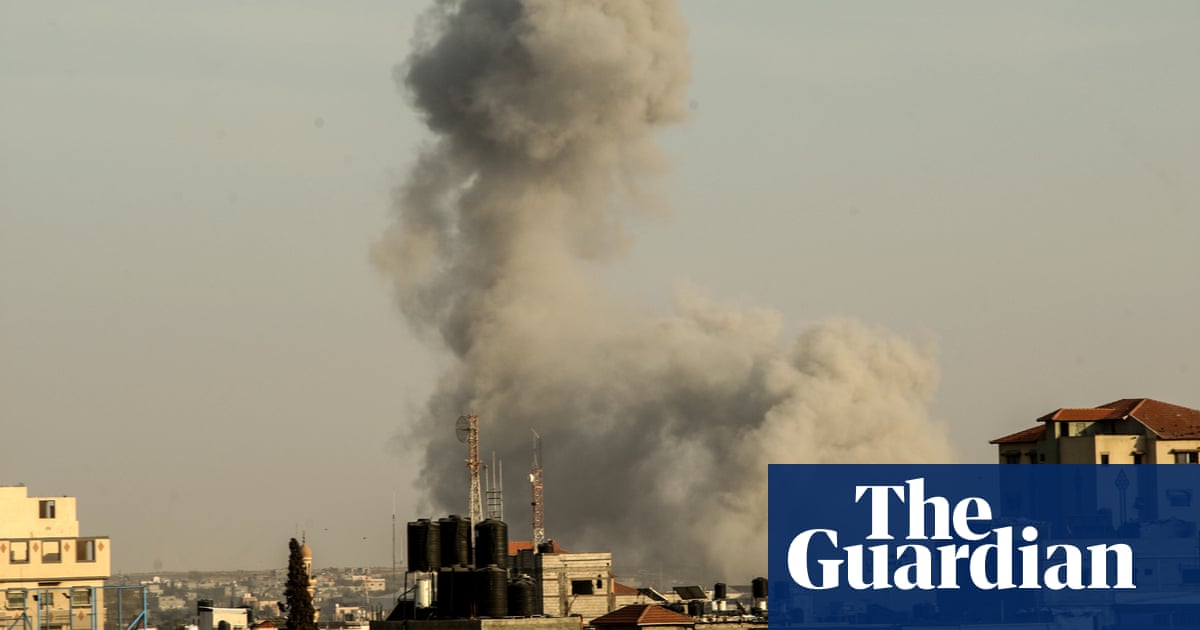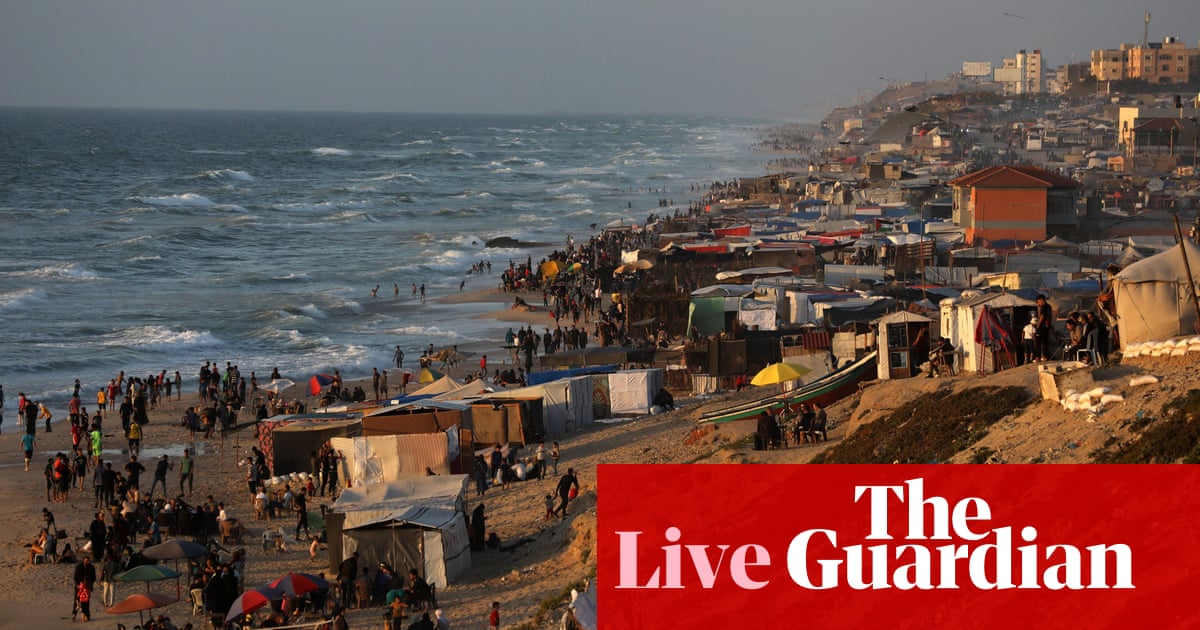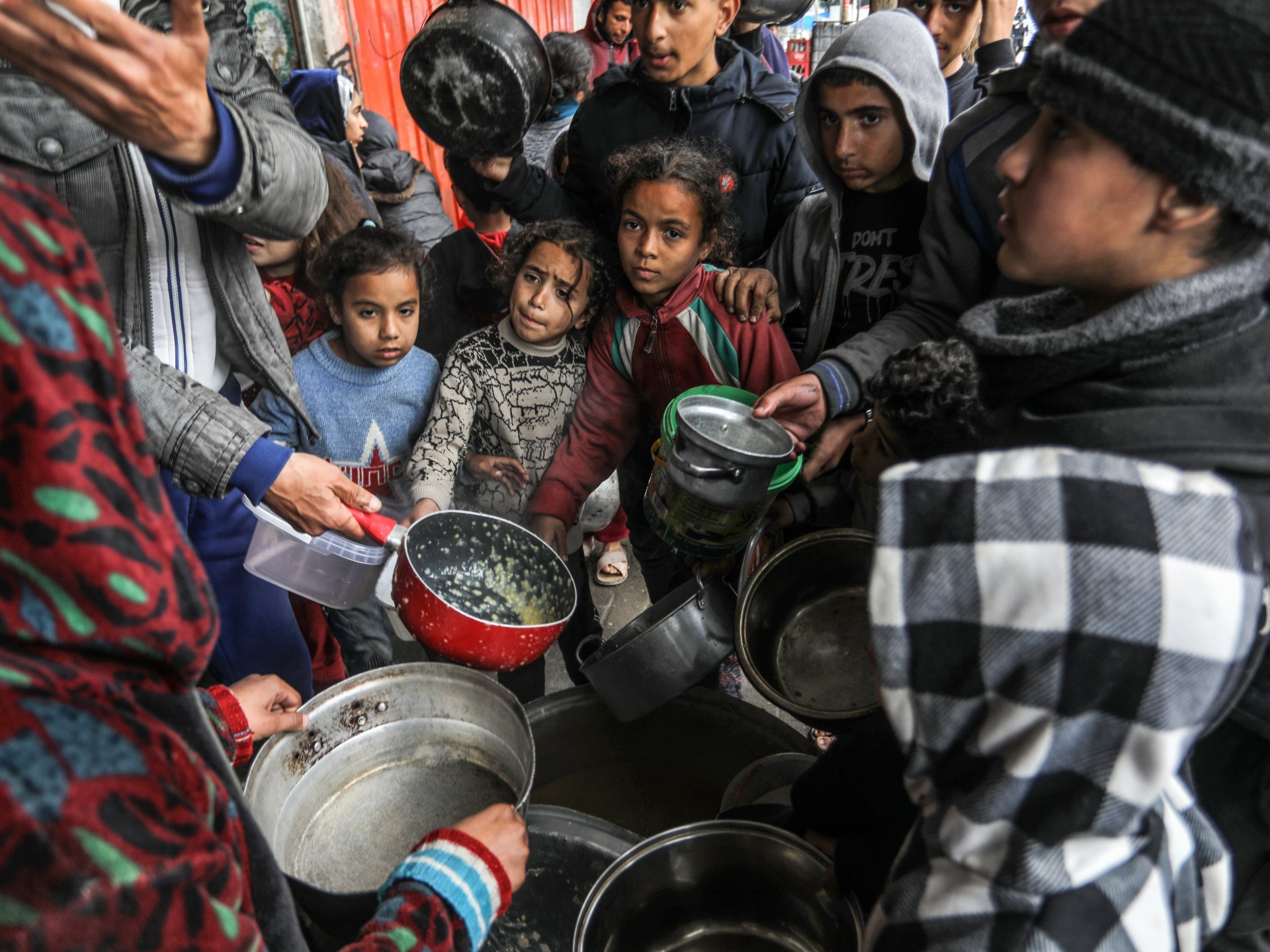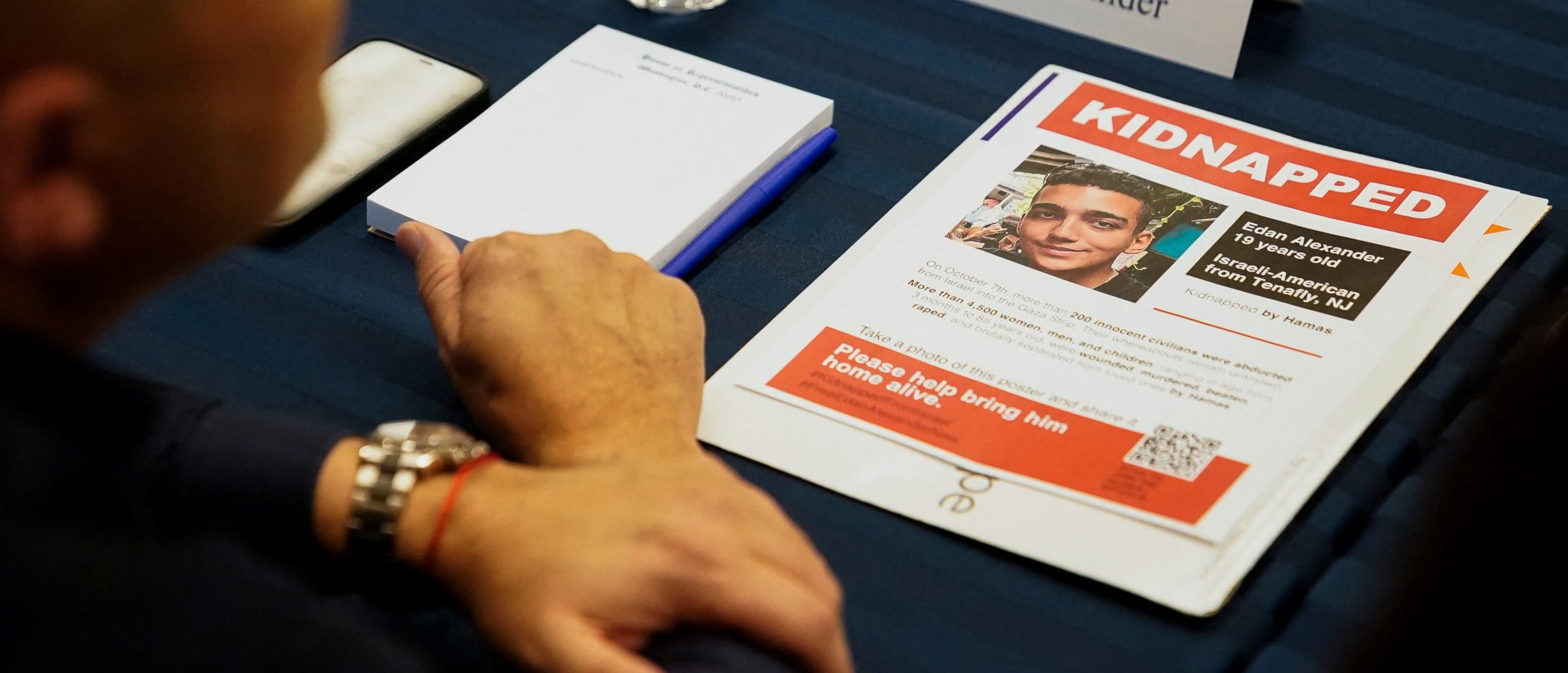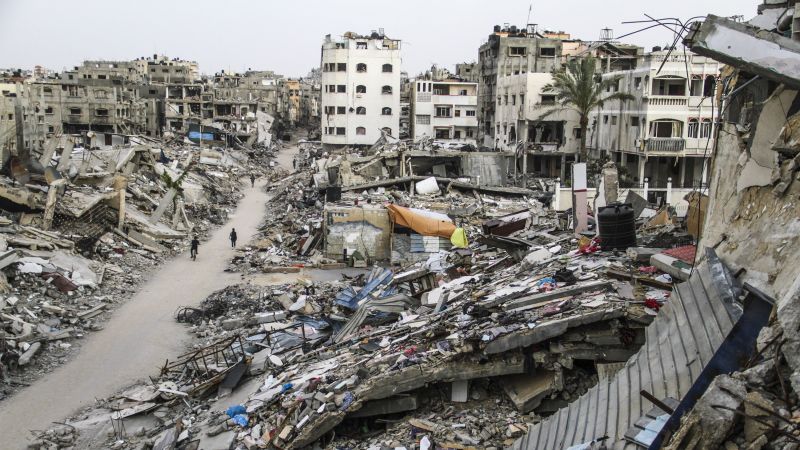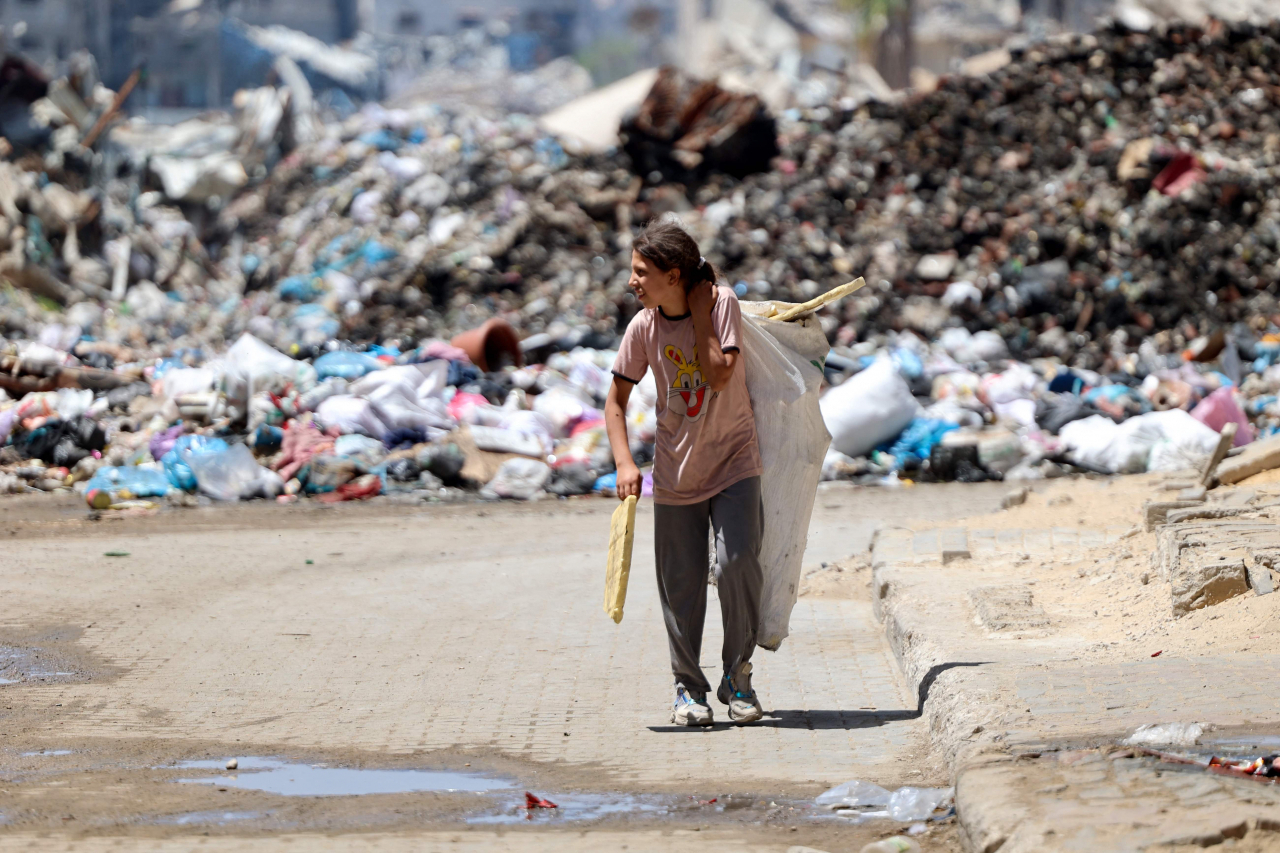Hamas Accepts Cease-Fire Deal, Rafah Operation to Continue

The Facts
After Israel called for the evacuation of eastern Rafah on Monday, Hamas announced it would accept a cease-fire deal. However, the details were unclear and the situation continues progressing rapidly.
Israel's war cabinet, after reviewing Hamas' answer, voted unanimously to push ahead with an operation in Rafah "to apply military pressure on Hamas." Israel said Hamas' response was "far from Israel’s obligatory demands." Nonetheless, Israeli negotiators are set to talk with regional mediators for further cease-fire discussions.
The Spin
Pro-establishment narrative
It's taken a lot of work by representatives of several different countries to hammer out a deal that's the best outcome for both the hostages and the Palestinian people. Hamas has agreed to this three-part deal, and it would behoove Netanyahu to also accept it without a major attack on Rafah.
Pro-Israel narrative
Israel must move ahead cautiously because so much about this deal is still unclear. Hamas has used deceptive tactics in the past to stall and gain time to prevent Israeli military actions, and it seems Hamas is attempting to insert last-minute clauses in an attempt to pressure Israel to accept a bad deal.
Pro-Palestine narrative
The most consistent obstacle in these negotiations continues to be Netanyahu and his far-right government. If he wasn't pursuing salvaging his political career — and if the Biden administration wasn't so weak geopolitically — perhaps thousands of lives could have been saved. Either way, it's now up to Israel to ensure the end of this brutal war.
